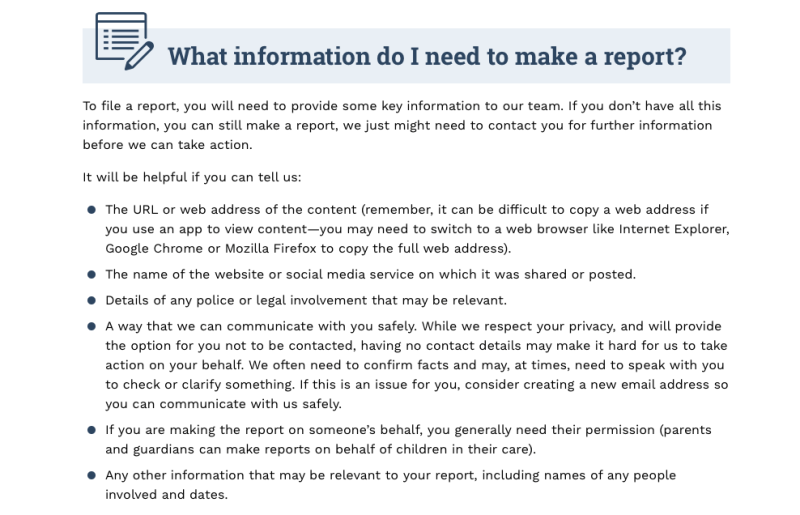To Fight Revenge Porn, Facebook Is Asking to See Your Nudes
Credit to Author: Louise Matsakis| Date: Tue, 07 Nov 2017 21:26:25 +0000
Facebook has a new strategy for combating revenge porn: send it your nudes first, before an abuser has the chance to spread them.
As part of a new feature the social network is testing in Australia, users are being asked to upload explicit photos of themselves before they send them to anyone else, according to the Australian Broadcasting Corporation (ABC).
This is how the new feature works. First, you upload an explicit image of yourself to Facebook Messenger (you can do so by starting a conversation with yourself). Then, you flag it as a “non-consensual intimate image” for Facebook.
The social network then builds what is referred to as a “hash” of the image, meaning it creates a unique encrypted signature for the file. Facebook says it is not storing the photos, just the hashes of the photos. If another user tries to upload the same image on Facebook or Instagram, Facebook will test it against its stored hashes, and stop those labeled as revenge porn from being distributed.
One information security researcher I spoke to said using the new feature requires putting an enormous amount of trust in Facebook. “Yes, they’re not storing a copy, but the image is still being transmitted and processed. Leaving forensic evidence in memory and potentially on disk,” digital forensics expert Lesley Carhart told me in a Twitter DM. “My speciality is digital forensics and I literally recover deleted images from computer systems all day—off disk and out of system memory. It’s not trivial to destroy all trace of files, including metadata and thumbnails.”
Facebook did not immediately return a request for comment.
Facebook’s new revenge porn feature follows a similar one it instituted in April. If you report an image as revenge porn when you come across it on Facebook or Instagram, the social network’s moderators will tag the image using photo-matching technology in an attempt to keep it from spreading. Facebook says it disables the account of whoever shared the image in the first place, “in most cases.”
Non-consensual porn became a major scandal for Facebook earlier this year when the secret group Marines United became public. Over 30,000 current and former US servicemen distributed private and often nude images of women, including their female colleagues, without their consent in the secret group.
The Department of Defense subsequently opened an investigation into the group, and a US Marine later pleaded guilty to distributing photos non-consensually. Marines United exemplified a part of Facebook that is difficult for it to moderate: secret groups.
Facebook is teaming up with the Australian government to roll out the new feature. Users can file a report with the government’s eSafety Commissioner. Afterwards, the report is shared with Facebook, and users are asked to send the intimate photos to the social network. The partnership is part of Australia’s new national reporting tool for revenge porn, which is the world’s first.

Facebook is looking to bring the new feature to other places in the future. It potentially needs to expand it to the US, or come up with another solution, because sharing non-consensual explicit images may soon become a federal crime in the United States, like child porn. Right now, there are a patchwork of state laws addressing revenge porn on the books.
Facebook’s new feature will unfortunately not stop non-consensual images from being shared elsewhere on the internet.
https://motherboard.vice.com/en_us/rss